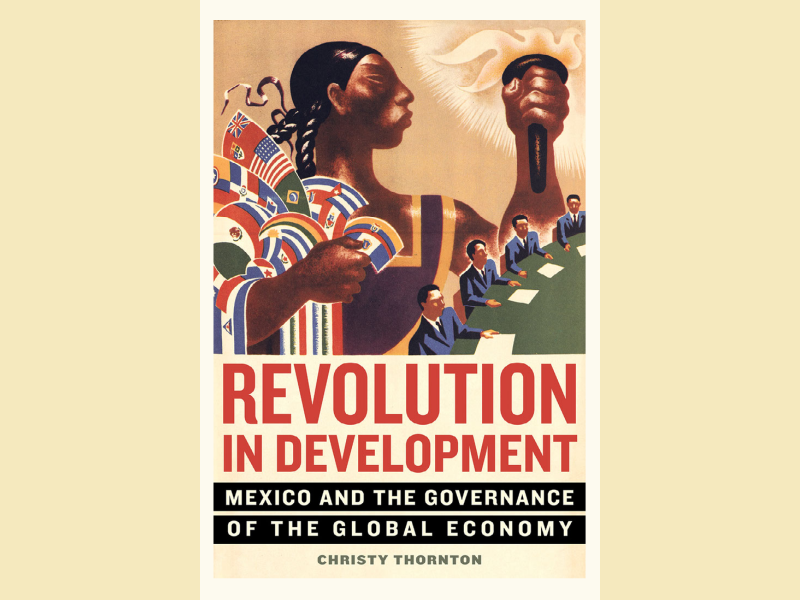Mexico was instrumental in helping determine global economic policy during the first half of the 20th century. Its influence even paved the way for important international trade treaties and the founding of the World Bank.
But today, many aren’t aware of that history. Historian and sociologist Christy Thornton, who wrote the book “Revolution in Development: Mexico and the Governance of the Global Economy,” told Texas Standard that everything changed for Mexico after a dramatic turn of events in 1982 when Latin America faced a devastating debt crisis. Mexico and other countries in the region owed more debt to foreign countries then they could pay back.
“Mexico’s economy is really thoroughly reoriented,” Thornton said. “All of a sudden after 1982 … these institutions like the World Bank and the IMF … are telling Mexico how it has to change its economy.”
But Thornton says that loss of global influence did not diminish Mexico’s influence closer to home – in the United States, and specifically in Texas.
What you’ll hear in this segment:
– How Mexican economists, diplomats and politicians shaped the word economy between the 1920s and 1970s
– How cultural and political tensions were precursors to the 1982 debt crisis
– How Mexico’s “reciprocal relationship” with the United States is long-held and deeply entrenched














